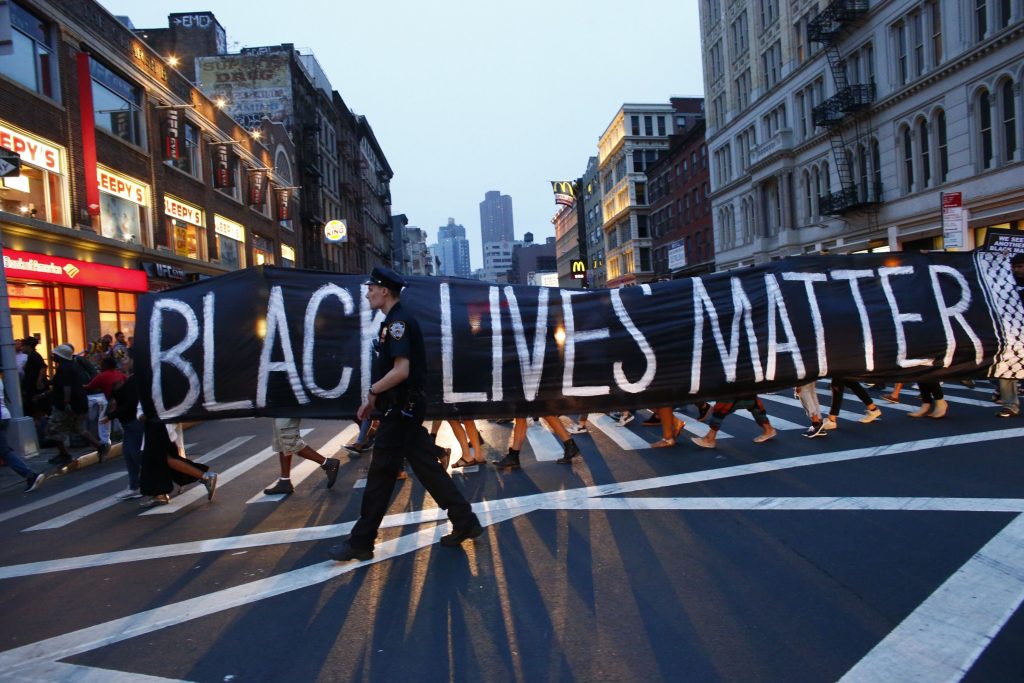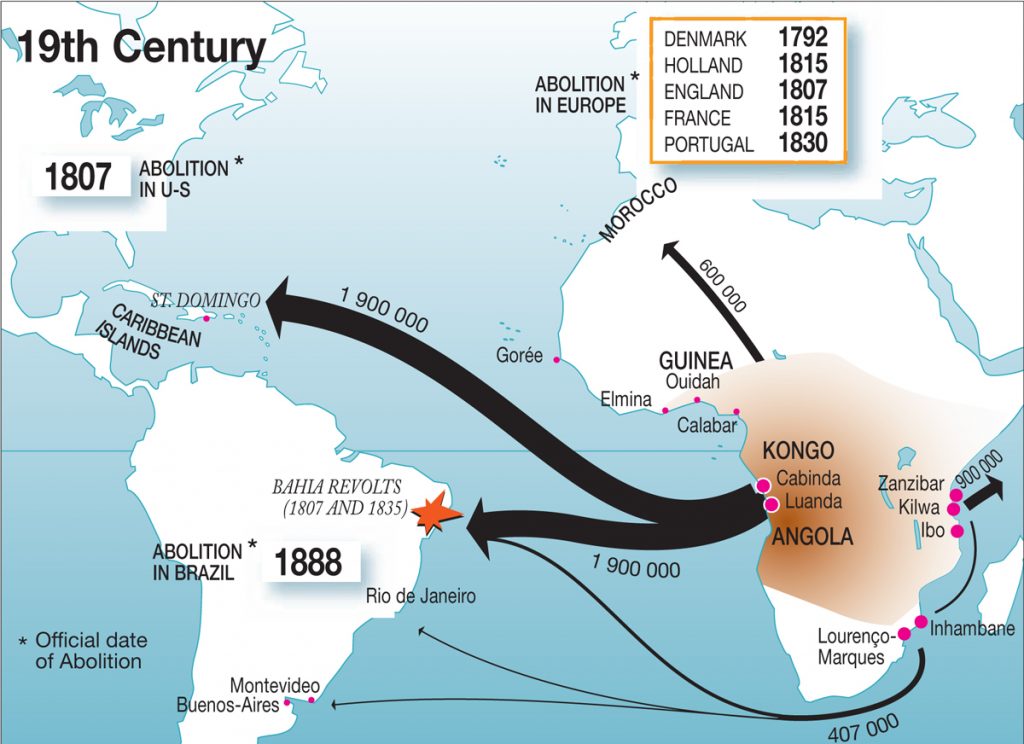Reparations are understood to mean cash payments for historical wrongdoing. If well designed, they are intended to acknowledge victims’ suffering, offer forms of redress and compensate for the violations both symbolically and materially. Such restitution not only risks insult to Black people by putting a price on their ancestors’ suffering, but also risks dividing society further, making it harder to build coalitions that solve the problems Black people face today. Could we solve this outwardly intractable issue in society today?
The assumptions around affirmative actions show a binary racial composition between a white majority inflicting inequality and a black minority that suffers underfoot. The bulk of any burden for historical guilt will be carried by the dwindling white majority, one that feels more threatened by cultural insecurity and economic strife by the day, presenting a risk of retaliation.
Is there a historical precedent?
Those who present the Jewish reparations as precedent run up against the headwinds of who represents the collective group of Black people to decide how this money will be distributed and who will they be accountable to? The Jews have Israel as a sovereign, a democratically elected government, whereas ‘blacks’ are a diverse people across the Americas and Africa, whose ancestors may or may not have faced persecution at the hands of white slavers or colonisers.
Within the intended recipient population, will they all receive the same or will there be an adjustment for need? Western governments could trace the genealogy of every white family and send a bill (detailing costs) to the descendants of every slaveowner, slumlord and oppressor during the 1600s through 1900s. After this, they can redistribute the lump sum to those Black people who can trace their history to the Atlantic slave trade or the cotton farms of the Southern US. This creates the issue of having to prove their ancestors were slaves.

Where do mixed race people fit in? Should a half-white, half-black person receive half the compensation or pay half the reparation and is this to themselves? Some people qualify as functionally white but had black slaves in their ancestry. We would need to qualify how their reparation would differ, if at all, from a darker skinned individual. We would also have to consider free black Americans that partook in owning slaves.
Just three years ago, taxpayers were still paying off government debt borrowed to pay millions in ‘compensation’ to wealthy slave owners. While some were well aware of the payments, which finally stopped in 2015, a lot of people had no idea modern Brits were paying off the money the British Treasury gave to people made rich through human suffering.
There have been stories circulating that British taxpayers only paid off the debt borrowed to ‘compensate’ wealthy slave owners in 2015. The calls to compensate descendants who have been forced to pay for the Abolition over generations are too tricky to address since it was in the form of loans given by banking institutions to make a one-time payment that will have long since dissipated. It is not as if we are directly paying the people whose families became rich through human suffering.
The African continent is considered to have been held back from developing because of continuous exploitation in various forms, while other stable developed nations could build intergenerationally more prosperous societies. There are modern-day forms of oppression faced by those who emigrated of their own accord to Western societies, such as being forced to live in more impoverished areas, less access to quality schooling, food and face obstacles to getting good jobs.

Should the Russian government pay for centuries of serfdom in the former Russian Empire? Would all those who were forced to serve the Crown in her armies and navies under indentured servitude in the colonies, at great risk of disease and death and the impoverishment of their families back home as result?
Reparations via monetary compensation aren’t unfeasible because there aren’t people truly deserving of it, but because taking this stance and running it to its logical conclusion leads to absurdity and will likely exacerbate divisions.
What will reparations change?
Money won’t change unhealthy dietary patterns, or enhance language skills, or teach the habits on which thriving communities are built. Take the Middle East post-1973. They were nations who always felt cheated of their dues. With the surge in oil wealth, they saw their incomes quadruple overnight. Yet the nations did not progress. This is because the wealth of nations is built on their human capital. Oil incomes not only fail to enrich them but oftentimes incentivised behaviours that left them worse off in many ways than before.
Redefining reparations
If we reconsider reparations as remembrance, acknowledging the wrongs of the past and repenting for them; then yes, we should tackle the overly flattering image Westerners have of their civilising historical Imperial legacy.
We can commit to better opportunities for all, raising school attainment, access to private-sector jobs, universal health coverage, immigration policies that don’t exert ceaseless downward pressure on the least skilled workers, improved nutrition and less punitive enforcement of drug laws. But this will come from togetherness, by celebrating our shared humanity, not by stirring bitterness, demanding cash flowing from some to others in race-conscious fashion and ossifying societal divisions beyond repair.


